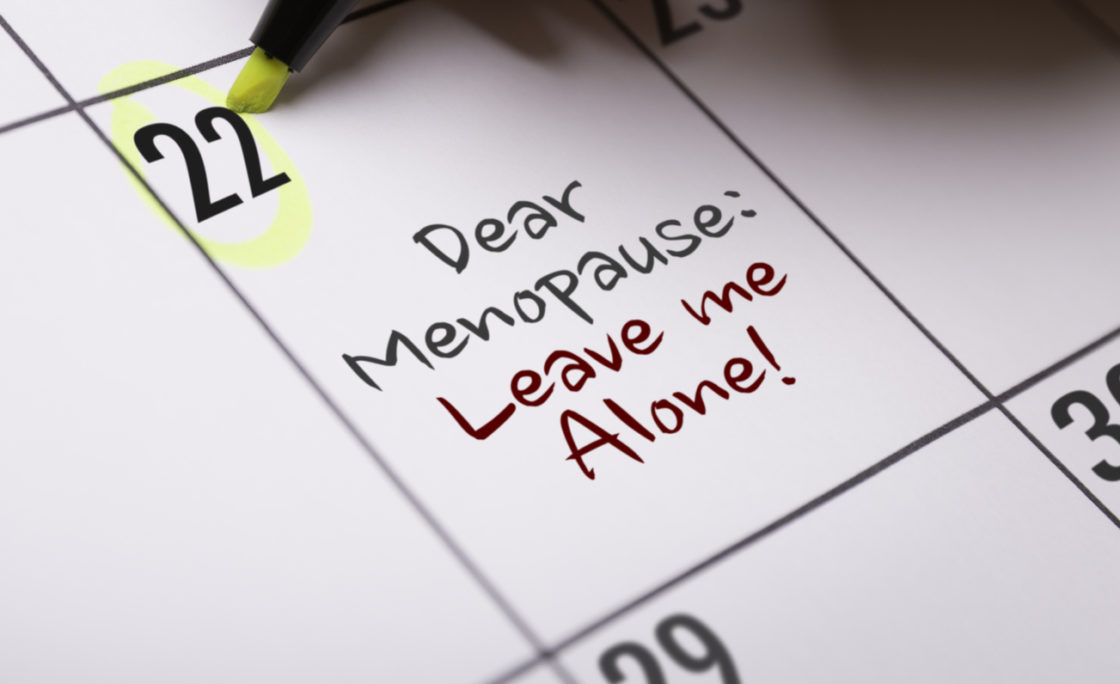There are various treatments for menopause treatments touted around. There are lots of creams which are presented as cures for menopausal symptoms. However, there are easier ways of dealing with such symptoms. Adherence to a healthy, balanced diet goes far in minimising menopausal symptoms.
Should you be able to maintain a balanced diet, it will help manage your menopause. It is vital to have foods from all food groups: including proteins, grains, fats, carbohydrates, dairy products and plenty of fruit and veg. Make sure you do not over do the proteins, fats and protein groups.
To keep yourself filling full and healthy, have three meals per day. Should you feel hungry have healthy snacks in between your meals. Try to keep your weight at a healthy level.
Foods that control menopausal symptoms
Menopausal women suffer from many symptoms, namely mood swings, hot flashes, as well as weight gain. By eating certain foods you can manage these symptoms and enjoy your life more.
Hot flashes management
Hot flashes can be the bane of a menopausal woman’s life. Many such women wake up sweaty many times every night. Hot flashes can make life very difficult. They can make work uncomfortable, sleeping difficult and can be maddening. Fortunately, a few changes to what you eat can actually help ease such sweats.
It is crucial to reduce your intake of tea, coffee, fizzy drinks, alcohol and spicy food. Lots of women find that they trigger hot flashes. Refined sugar acts as a trigger for hot flashes too.
To combat hot flashes, drink plenty of water, at least 7 glasses of water on a daily basis. Try to eat foods with phytoestrogens in them. Phytoestrogens are plant estrogens which bind to your body’s oestrogen receptors, thereby relieving you of various menopausal symptoms.
Foods full of phytoestrogens include legumes, yams, beans, seaweed, apples, yams, carrots and potatoes. Soya is another rich source of phytoestrogens.
Control of mood swings
Mood swings often occur during menopause as a result of hormonal fluctuation in the body. One second you feel fine and then the next you feel depressed. Some women find they can even get short periods of menopausal depression. Dietary changes can alter a sad mood.
A lower level of serotonin, a brain chemical, is commonly related to depression. Eating foods high in carbohydrates helps raise your serotonin level which can alleviate depression. Eat sandwiches, bagels, as well as whole grain cereals and breads all helps to increase the serotonin level in your brain.
Weight gain control
Weight gain and the menopause frequently go together. When oestrogen levels are reduced in the body, fat spreads across the stomach area and is shed around the breasts and hips. Muscle mass is reduced, your metabolism slows down and you often put on weight.
To prevent this, attempt to cut down your fat intake and consume unsaturated fats, as opposed to saturated fats, such as, olive oil or flaxseed oil. Try not to fry foods; broiling or grill foods. It tastes great anyway. Drinking more water helps you feel healthier and gives your metabolism a boost.
Foods which help reduce complications
Certain complications can arise that are related to the menopause. Reduced oestrogen levels increase the risk of heart disease and stroke for menopausal women. Menopausal women are also at a greater risk of osteoporosis as they lose bone mass more quickly than other women.
You can control certain factors to do with your diet:
Preventing heart disease
Women are more susceptible to high cholesterol, heart disease, clogged arteries, heart stroke and heart disease post-menopause. A key way to lower your risk of heart disease is to alter your diet.
It is vital to increase the quantities of fruit and veg you consume. This will assist in cleaning your arteries and provide a great deal of beneficial vitamins and minerals your system needs. Try to have oily fish, such as, mackerel or salmon at least twice a week as they contain Omega-3 essential fatty acids which assist in the body circulating oxygen and blood effectively. It is also important to cut down on saturated fats as they can clog your arteries and increase blood cholesterol levels. Try not to eat processed flours, focusing on whole grain cereals and breads, as well as brown or basmasti rice.
Osteoporosis prevention
50% of women are affected by osteoporosis during their lifetimes. Post menopause, as the body produces less oestrogen, the body loses more bone mass.
Thus bones get brittle, resulting in fractures or breaks. It is crucial to have enough calcium in your diet to offset osteoporosis.
Menopausal women should consume at least 1200-1500 mg of calcium on a daily basis. Herein you can drink milk, eat low fat yogurt and/or soya milk as ways of fulfilling your target. Other calcium rich foods include sardines, salmon, cheese, figs, prunes, as well as leafy green vegetables. Do try not to consume too much caffeine, because caffeine prevents the body’s effective absorption of calcium.



